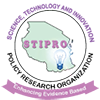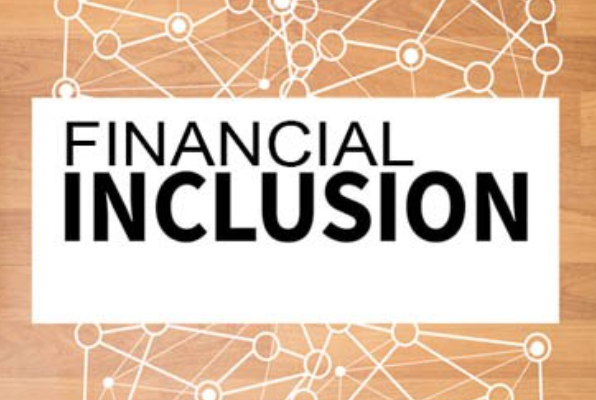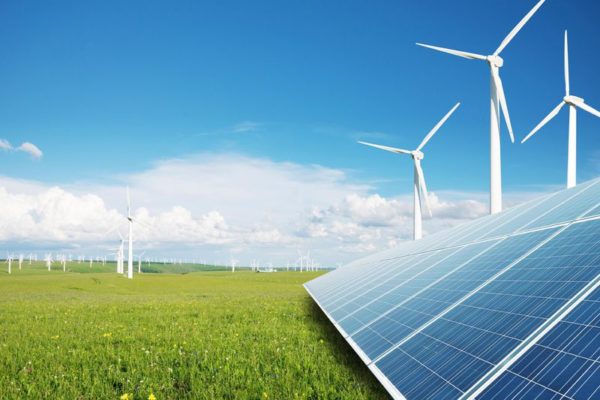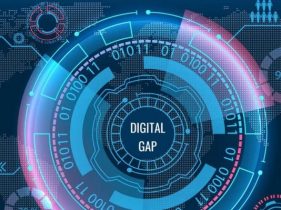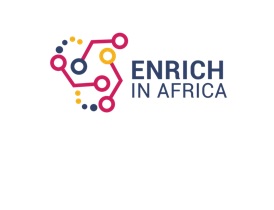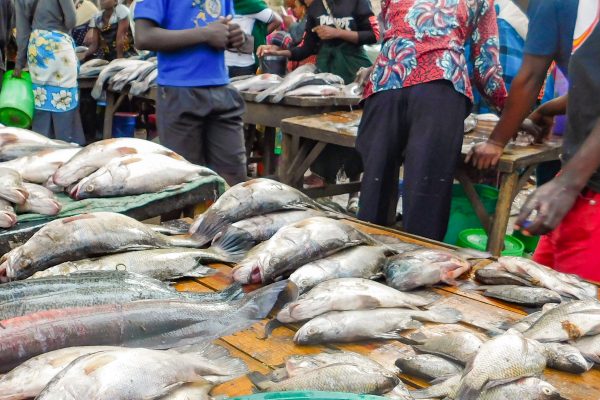-
FINANCIAL INCLUSION & MARKET DEVELOPMENT IN EAST AFRICAN ECONOMIES
This collaborative project by the African Economic Research Consortium (AERC) funded by the Bill and Melinda Gates Foundation that focuses on delivery of financial services and financial inclusion in the East African Community (EAC) economies and the prospects of market development. It sought to provide an assessment of enablers to financial inclusion so that no one is left behind– focusing on connectivity, electronic ID system to secure the market and regulatory capacity to regulate, protect and nudge the market to the optimal development path (including other relevant enablers of policy or institutions) Issues to be documented during the Collaboration ❑ Progresses, prospects and challenges in the implementation of the Financial Inclusion Strategy ❑ Financial inclusion, the role of Digital Financial Services and financial development – what are the gaps and challenges and how can they be addressed ❑ Gender and financial inclusion: what are the institutional, policy and other barriers that impede women from accessing financial services as well as digital financial services? ❑ Market developments – what is required, regulatory environment to support access digital finance in remote areas? What challenges do they face? How prohibiting are the transactions cost? ❑ The impediments to the success of financial inclusion, e.g. Connectivity, Electronic ID system, regulatory capacity and capability among others. Six Institutions from East Africa are…
Continue reading -
Energy struggles: renewable energy in Africa
This is a Danish International Development Agency (DANIDA) funded project with an overall objective to contribute to a better understanding of how a transition to renewable energy can occur in sub-Saharan Africa. Many countries have set targets for solar and wind, but implementation has been slow and uneven. With rising energy consumption, there is a risk that the continent will become a more significant contributor to climate change. Understanding the difference between targets and the implementation of renewable energy in developing countries is still little developed. In the literature, there has been a tendency to focus on how technical innovation in renewable energy can drive a transition of energy systems. It is, however, increasingly clear that politics and power play a decisive role in the prioritization of energy projects. The project aims to develop a conceptual framework for the study of the political economy of energy that can analyse and help explain how energy projects are prioritized in different countries. It will conduct research on the development of the energy sectors in Tanzania and Ghana, which have both set targets for renewable energy. The two countries differ in the degree of the state’s involvement in their energy sectors, Ghana having…
Continue reading -
Leaving no one behind in digital delivery of public services
This is a Southern Voice Network funded project that aims at exploring to what extent rapid digitalization limits the realization of economic and social rights of women, and how it does that. During this COVID- 19 era, all activities that required physical presence were put to a halt. Governments around the world decreed quarantines and lockdown measures. Almost nobody, be it private firms, public entities, civil society organizations or educational institutions were either prepared to bring all activities online or had a plan on how to do so. Rapid digitalization due to COVID-19 created both challenges and opportunities specially to historically marginalized groups. For them, the digital divide grows increasingly wide which also affects the long-term ability of governments to deliver services. The subject of digital access has wide ranging implications for economic growth, governance, human rights and inequality. This is particularly the case for women, who have a more limited access to ICTs compared to men. These gender differences caused by social constructs around women, or logistical issues affect social welfare and economic growth. This is why this study is interested in delving into the gender technological divide and will be focusing on identifying how rapid digitalization has generated both risks and…
Continue reading -
Enrich in Africa (EiA)
Enrich in Africa (EiA) project brings together key stakeholders from the European and African innovation ecosystem to upgrade the capacity of incubators and accelerators and benefit entrepreneurs in both regions. It supports knowledge exchange, provides co-creation opportunities, and enables the delivery of quality services for European and African innovators. ENRICH in Africa goals and objectives aims at connecting and elevating the African and European innovation ecosystems by exploring existing opportunities and providing value to all players involved. It provides the conditions and infrastructure to maximize potential and nurture community to empower co creation, entrepreneurship, and sustainable business success. The virtual ENRICH in Africa Centre, a key component delivered in the EiA project offers a wide range of valuable services, including: For EiA Champion organisations – Bootcamp training – Virtual academy – Inter-continental twinning programme and staff exchanges – Mentoring programme – Access to best practice tools – Promotional activities – Support to access clients – Shared revenue activities – Annual Champions Gathering For entrepreneurs -Open Innovation Challenges – Acceleration programmes – Scaling programmes – Access to tools including the community platform – Partner search – Access to finance support – E-pitching session – Webinars – Learning Expeditions To learn more about what ENRICH in Africa has to offer, and be part of the EiA community please visit here EiA has received funding from the European…
Continue reading -
The effects of COVID-19 along the fish value chain: A case for Uganda and Tanzania
This project is part of the initiative of the ‘Southern Voice’ in shedding light on the responses to COVID-19. As part of its initiative, studies have been done with Teams across Africa, Asia and Latin America. The studies have been informing on different responses, situations and giving practical recommendations towards various dimension surrounding the pandemic. COVID-19, like many other disastrous situations has tremendously affected many sectors worldwide, fisheries sector included. The pandemic though does not affect fish directly, but it indirectly affects how the fisheries sector operates. The presence of the pandemic brings about changes in consumer behavior, disruption in trading activities and also difficulties in transportation and supply chain as a whole. The overall objective is to understand the differences in impact between countries which opted for a lock down policy and those that did not, especially in the economies whose informal sectors contribution is huge. This will further help to learn better ways of reducing the effects of COVID-19 along the key fisheries sector value chain, sustain production, income and reduce vulnerability of fish dependent communities. Although the effects of this pandemic have affected persons, communities and countries differently, the challenges experienced and interventions that have been applied in different…
Continue reading
